Alpaca Milk: An Unknown Yet Nutrient-Rich Dairy Option
Ever wondered if alpacas, those adorable, fluffy creatures, produce milk like their distant cousins, the cows? Well, it’s a question that’s been tickling the curiosity of many.
Alpacas are known for their high-quality fiber, cherished by the textile industry. But beyond their woolly exteriors, there’s more to these fascinating creatures. Yes, you guessed it right, we’re talking about alpaca milk.
In this article, I’ll delve into the lesser-known aspect of alpacas – their ability to produce milk. We’ll explore if it’s consumable, its nutritional value, and how it stacks up against other types of milk. So let’s dive in and uncover the milky secrets of alpacas.
Key Takeaways
- Alpacas, specifically the female ones, do produce milk which contains significant nutritional value, but not in quantities suitable for commercial dairy production.
- Alpaca milk is rich in protein, vitamins, and minerals essential for growth and development. It also features high butterfat content that provides a creamy taste and longer storage capabilities.
- The nutritional profile of alpaca milk is remarkable with greater protein content compared to cow, goat, or sheep milk. It also provides essential fatty acids, calcium, phosphorus, and Vitamin B1.
- Alpaca milk surpasses conventional cow, goat, and sheep milk in terms of protein, fats, calcium, and phosphorous, positioning it as a nutritional hero.
- Alpaca milk is perfectly safe for consumption, undergoing similar processing and pasteurization measures as other dairy milk types.
- Despite it not being mainstream, alpaca milk offers a healthy, nutritious substitute to traditional milk types. Its unique properties include higher protein content, essential fatty acids, and key vitamins and minerals.
Can Alpacas Give Milk?
Yes, absolutely. Female alpacas, known as huacayas or suri, do produce milk but it’s not as commonly collected or consumed as the milk from other domestic animals such as cows, sheep or goats.

Initially, I was surprised to realize the potential benefits that alpaca milk carries. Alpaca milk contains valuable nutrients that aid growth and development. That’s right, similar to other types of milk, it’s rich in proteins, vitamins, and minerals.
However, it’s important to understand that alpacas are not high-volume milk producers. They produce enough milk for their offspring – known as cria – but may not provide large quantities suitable for commercial dairy production.
There is something unique though. Alpaca milk tends to have a high butterfat content. The butterfat content is not only responsible for the creamy taste we all love, but it also contributes to storage stamina. This means that compared to other types of milk, it may stay longer without going bad.
So, can you make cheese, ice cream or other yummy delights from alpaca milk? In theory, yes. The high butterfat content could potentially make some absolutely delicious dairy products if one were inclined to do so. But, it’s often simply not feasible considering the rather small quantities of milk alpacas produce.
The Nutritional Value of Alpaca Milk
When it comes to the question, “what’s in alpaca milk?” the answer is a rich cocktail of essential nutrients. Indeed, alpaca milk is more than just a novel alternative for lactose-intolerant folks; it’s a substance packed with health-boosting substances.
First off, let’s tackle its protein content. Highest in this category, alpaca milk contains significantly more protein than cow, goat, or sheep milk. Protein is crucial in our diet as it aids in muscle development, skin health, and serves as building blocks for enzymes, hormones, and antibodies.
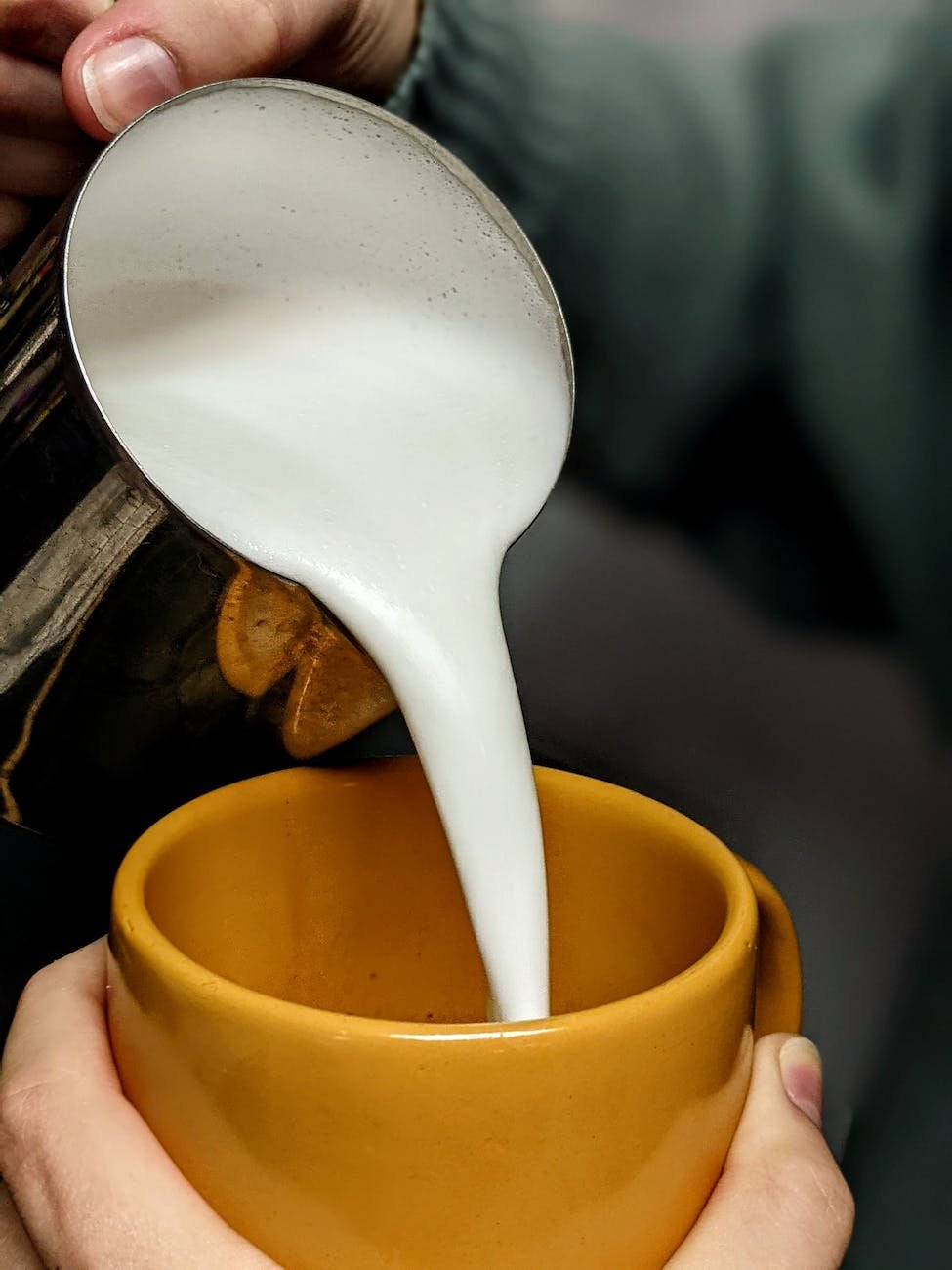
Now onto fats: Alpaca milk is high in butterfat, a type of fat that gives milk its creamy texture and longer shelf life. While the word ‘fat’ may sound off-putting, butterfat actually contains essential fatty acids. It provides calories for energy and helps with the absorption of vitamins A, D, E, and K.
Furthermore, alpaca milk contains vital minerals like calcium and phosphorous, necessary for bone health. Notably, it is also a good source of Vitamin B1, also known as thiamine, an essential vitamin not made by the body that helps turn food into energy.
Here’s a snapshot of alpaca milk’s nutrition profile compared to other types of milk:
| Alpaca Milk | Cow Milk | Goat Milk | Sheep Milk | |
|---|---|---|---|---|
| Protein (g) | 4.8 | 3.5 | 3.3 | 5.3 |
| Fat (g) | 5.9 | 3.6 | 3.8 | 6.0 |
| Calcium (mg) | 132 | 125 | 130 | 125 |
| Phosphorous (mg) | 101 | 105 | 105 | 100 |
| Vitamin B1 (mg) | 0.04 | 0.03 | 0.04 | 0.03 |
How Does Alpaca Milk Compare to Other Types of Milk?
When it comes to the world of milk, there’s no doubt that alpaca milk is a standout. With its unique nutritional profile, this milk provides valuable nutrients that are often higher than cow, goat, or sheep milk.
Let’s delve into the nutrient comparison of these various milk types. Starting with protein, the life-building nutrient, alpaca milk tops the list. It has a higher protein content which plays a crucial role in muscle development, boosting skin health, and the production of enzymes, hormones, and antibodies.
Next up is fats. Alpaca milk is high in butterfat content, providing essential fatty acids that the body can’t produce on its own. High butterfat levels also help with the efficient absorption of vitamins, making it a nutritional powerhouse.
Another vital feature of alpaca milk is its mineral content. It’s rich in calcium and phosphorous which are fundamental for the creation and maintenance of bones and teeth. Not to be forgotten is Vitamin B1 also found in alpaca milk. This vitamin is key for generating energy from nutrients, supporting the functioning of the nervous system, and promoting good heart health.
Let’s look at how these nutrients compare across the different types of milk:
| Milk Type | Protein | Fats | Calcium | Phosphorous |
|---|---|---|---|---|
| Alpaca | High | High | High | High |
| Cow | Moderate | Moderate | Low | Moderate |
| Goat | Low | Low | Moderate | Low |
| Sheep | Low | Low | Low | Low |
These servings of data make alpaca milk a nutritional hero, surpassing conventional choices like cow, goat, and sheep milk. But that’s not all there is to it. Different people have different nutritional needs, and one type of milk may be more suitable than others depending on these individual requirements.
Is Alpaca Milk Consumable?
Many of you might be wondering – can you really consume alpaca milk? The short, easy answer is yes, indeed! Alpaca milk is not only consumable but quite nutritious too.
Let me clear up any doubts about this. Alpaca milk is not harmful by any means and it’s similar to consuming any other kind of edible dairy milk. Just like cow, goat, and sheep milk, alpaca milk also undergoes processing and pasteurization before it’s considered safe to consume.
Why emphasize on alpaca milk? It’s because it isn’t as mainstream as other types of milk. Many are not aware of its existence as a dairy milk alternative.
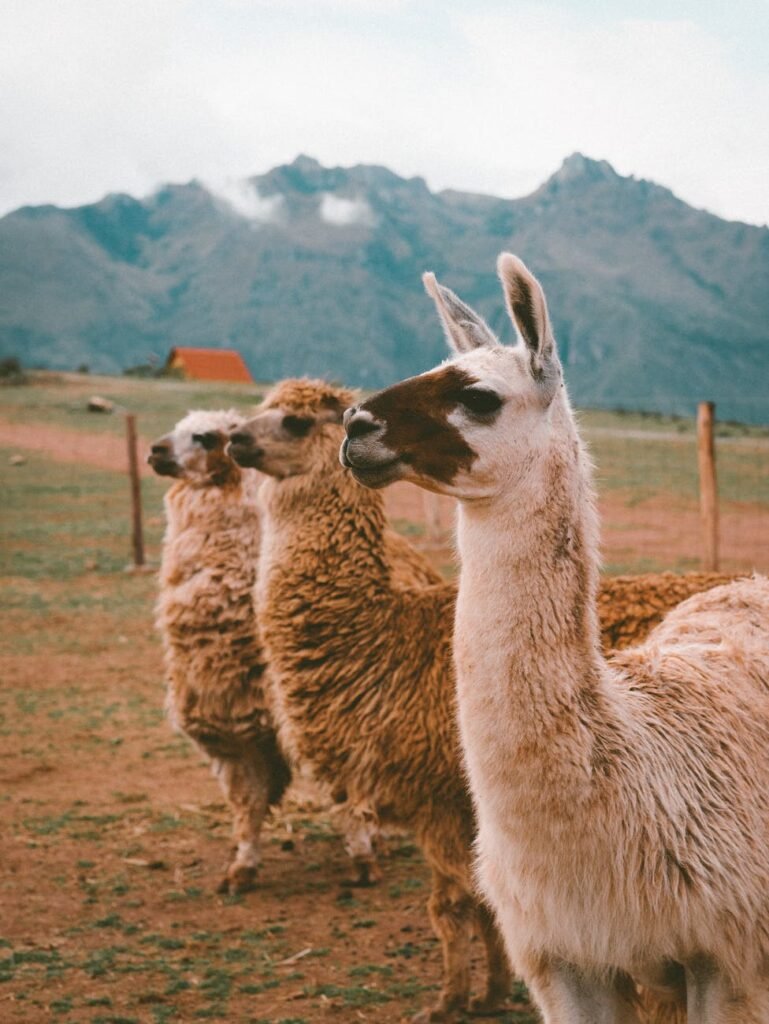
Here’s an interesting fact – even though alpacas belong to the camel family, the composition of their milk is pretty different. Still, doubts may arise due to its unique properties. But rest assured, these unique properties are what set it apart and give it its superior nutritional profile.
So yes, alpaca milk is not only consumable, but it’s chock-full of valuable nutrients. Whether you’re lactose intolerant or simply scouting for a healthier milk alternative, alpaca milk is worth considering. Let’s get into details in the next section where we compare its nutritional content with other dairy milk types.
To summarize, alpaca milk is safe to consume and can be a healthy substitute for other types of milk. It’s relatively unknown as a milk option, but with its high nutrient value, it’s slowly making its way to the dining table. Forget not its edge – being packed with higher protein content, essential fatty acids, calcium, phosphorous, and Vitamin B1. These unique attributes make it one-of-a-kind.



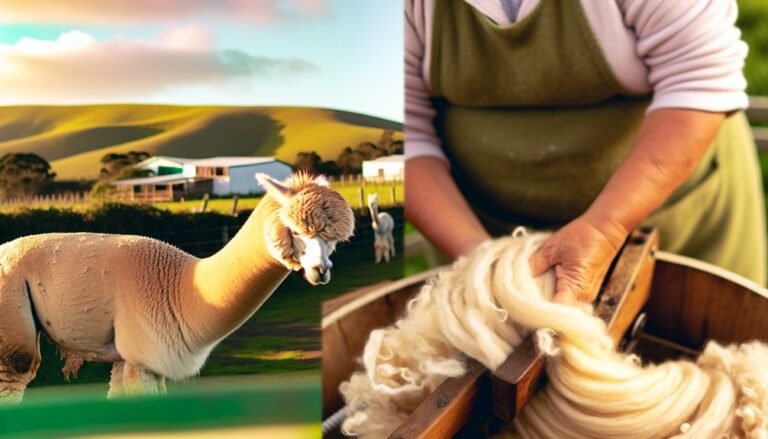
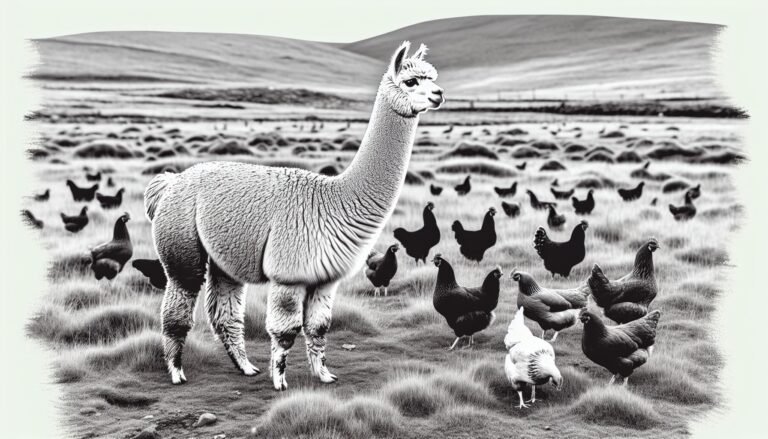
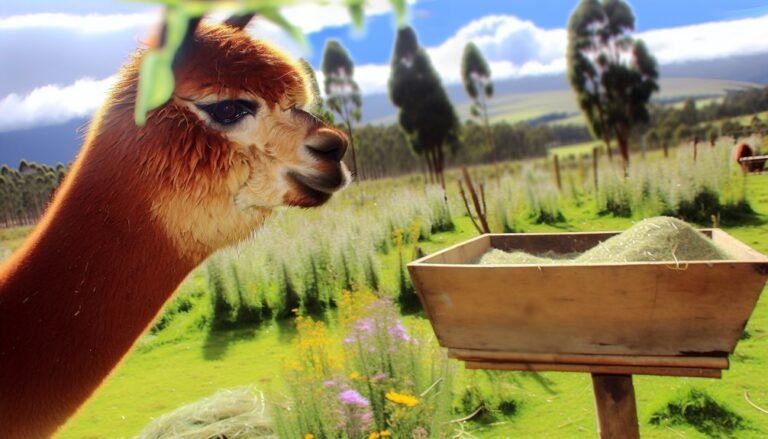


Our picks
Alpaca & Wool Felted Sole Inserts: Comfy Upgrade?
Best Alpaca Socks for Hiking: Ultimate Comfort and Durability on Trails
Best Alpaca Halter for Comfort and Control